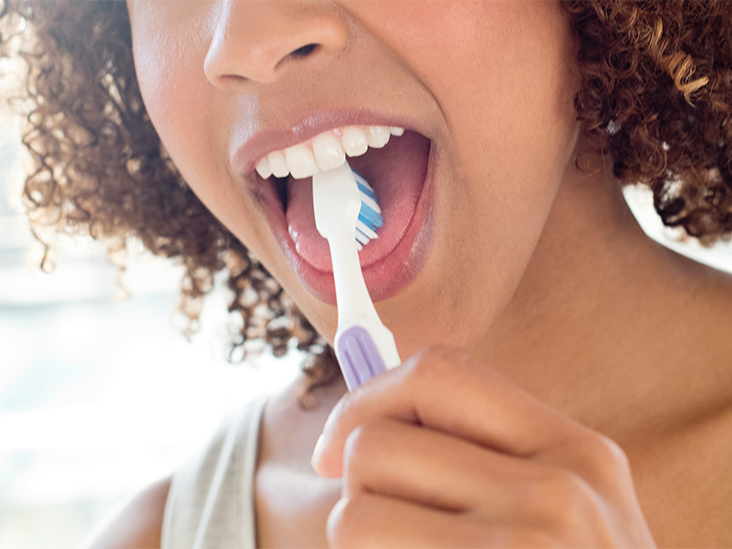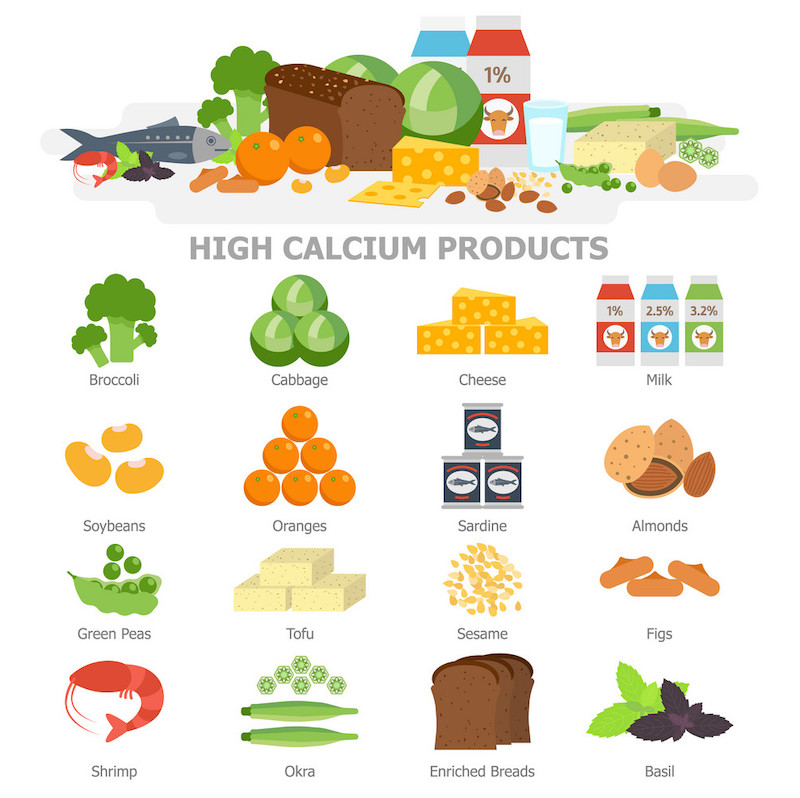MENTAL HEALTH AND physical health are tied together in ways we don’t always expect. That even extends to the relationship between oral health and stress. Fortunately, there are a lot of tools we can use to protect our smiles from the effects of stress.
Stress Could Be Behind a Teeth-Grinding Habit
Bruxism is the habit of teeth-grinding and jaw-clenching. Clenching and grinding are natural responses to frustration and stress for many people. The typical signs of bruxism include a sore jaw and, eventually, flattened chewing surfaces of the teeth. Bruxism brings with it significant oral health risks, and the people with this habit might not even notice they’re doing it — particularly for those who grind their teeth in their sleep.
Stress Can Compound the Symptoms of TMD
Another oral health condition stress can contribute to is temporomandibular joint disorder (TMD), a disorder of the muscles, joints, and nerves in the jaw that is associated with chronic facial pain. Stress is believed to be one of the factors leading to TMD, which has symptoms like frequent headaches, pain in the jaw joint, and popping and clicking of the jaw.
Stress Weakens the Immune System
A brief period of stress is something the body can deal with pretty well, but chronic stress puts a major strain on the immune system, making it harder to fight off oral health issues like infections, canker sores, dry mouth, gum disease, and cavities.
Make Oral Health and Hygiene a Priority
Considering all the negative effects stress can have, good oral hygiene habits become particularly important. That includes brushing for two minutes twice a day, flossing once a day, and cutting back on sugar intake. Giving your teeth and gums better tools to fight off oral health problems might not be a solution to the stress in your life, but it can help you feel a little better and more in control.
The Dentist Is Your Best Ally
Dental health experts, such as our team, want to help our patients stress less when it comes to their oral health. The idea of going to the dentist can be stressful for a lot of people, but we’re here to help. We encourage you to keep up with your regular dental checkups and keep a prevention mindset when it comes to oral health issues rather than waiting until an issue gets much worse to finally get treatment.
We want to help our patients smile easier AND healthier! Contact our Lane & Associates dentists to schedule an appointment today!
The content on this blog is not intended to be a substitute for professional medical advice, diagnosis, or treatment. Always seek the advice of qualified health providers with questions you may have regarding medical conditions.






